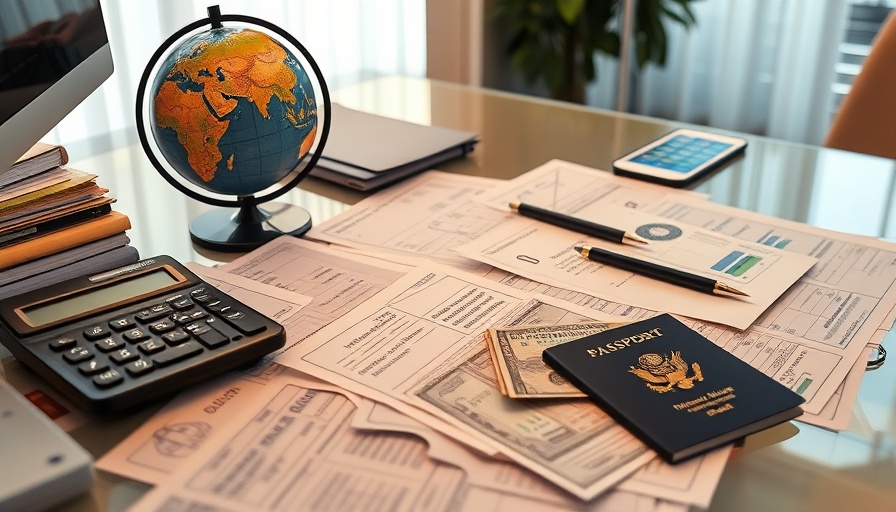
Understanding U.S. Expat Taxation: What You Need to Know
Every year, thousands of Americans embark on new adventures abroad in search of opportunity or simply a change of scenery. But with those adventures comes a lingering commitment – U.S. tax responsibilities. The concept of "expat taxation" often strikes fear in the hearts of many, evoking nightmares of complex forms and looming deadlines. However, armed with the right knowledge, navigating this landscape can actually be more straightforward than many believe.
Why the Expat Tax Landscape Isn't as Scary as It Seems
Many people envision an overwhelming process when they think of U.S. expat taxation, especially the burden of double taxation. However, the IRS has provisions to help alleviate this burden - notably, the Foreign Earned Income Exclusion (FEIE) and the Foreign Tax Credit (FTC). These mechanisms allow Americans living abroad to exclude a significant amount of their foreign-earned income from U.S. taxation, hence reducing their overall tax liability.
Moreover, many countries have entered into tax treaties with the United States. These treaties aim to reduce the potential for double taxation, allowing for a more manageable financial landscape for expats. Understanding and leveraging these treaties can help expats enjoy their new lives without the constant fear of financial doom.
Strategizing for Success: Compliance Is Key
Despite the potential tax breaks, U.S. expats cannot afford to become complacent. Compliance with the IRS regulations is crucial. For instance, the Foreign Bank Account Report (FBAR) requires U.S. citizens to report foreign bank accounts once the aggregate balance exceeds $10,000. This compliance entails a strict adherence to deadlines and additional paperwork, which might seem daunting but becomes manageable with a proper filing system in place.
Keeping Up With Changing Regulations
The landscape of international taxation is continually evolving. New tax treaties and IRS regulations can feel like a moving target, complicating compliance efforts for efficiently managing taxes abroad. Thus, it’s wise for expats to stay informed on tax developments or even consult with tax professionals well-versed in expat laws.
Talking to Fellow Expats: Learning from Others
Joining expat communities can provide emotional and practical support, allowing individuals to share their experiences and strategies for tax management. Forums and social media groups offer refuge from the isolation that often accompanies living abroad and can serve as crucial resources for navigating the complex world of expat taxes.
Practical Tips for U.S. Expats
1. **Document Everything**: Create a systematic filing process to keep all tax-related documents organized. This includes income records, receipts for deductions, and bank statements.
2. **Consult a Professional**: If the intricacies of expat tax law feel overwhelming, hire a tax professional who specializes in overseas tax issues.
3. **Stay Informed**: Sign up for newsletters or follow websites that specialize in expat finances to keep track of any changes in regulations.
Call to Action
Want to simplify your U.S. expat taxation experience even further? Consider reaching out to tax professionals who specialize in expatriate taxation for tailored advice. Engaging expert help can lighten your load and ensure compliance while minimizing your tax liabilities, allowing you to focus on what truly matters - enjoying your life abroad.
 Add Row
Add Row  Add
Add 




 Add Row
Add Row  Add
Add 

Write A Comment